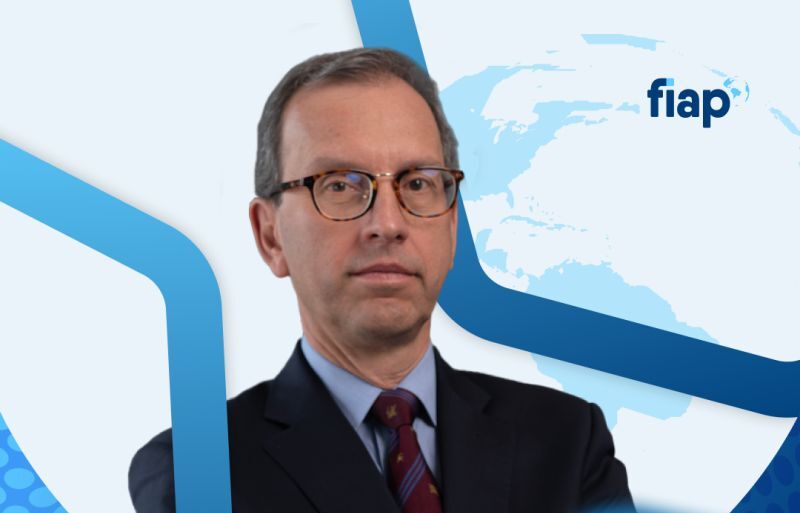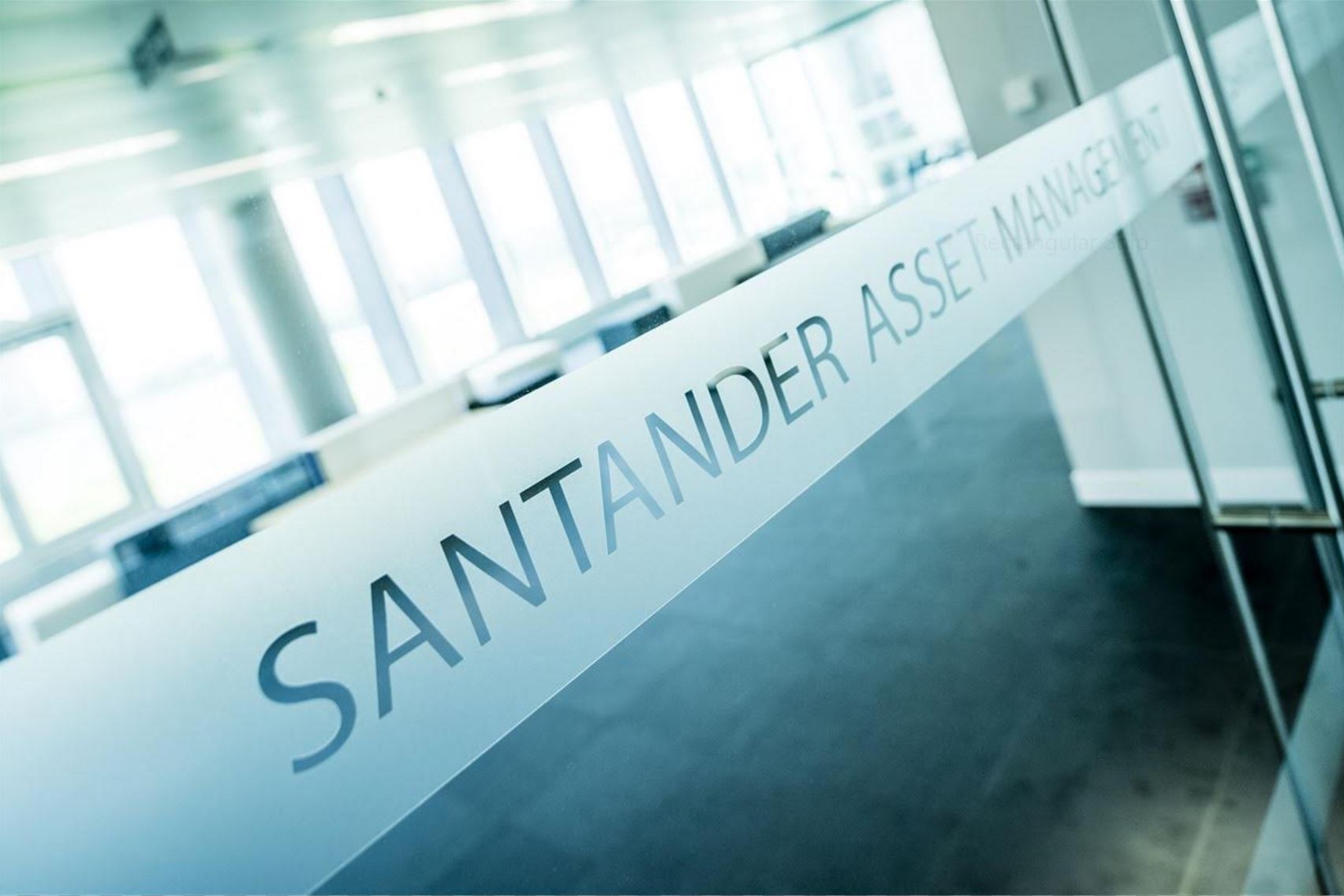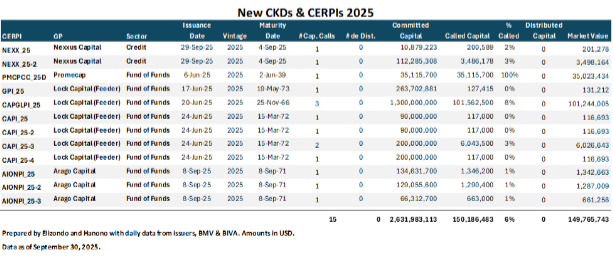Hybrid Systems Are Being Prioritized Globally: Interview with the President of Amafore/FIAP
| By Amaya Uriarte | 0 Comentarios

Given the wide range of characteristics and variables that shape pension systems across the continent, several clear trends are beginning to emerge. This is the view of Guillermo Zamarripa, President of the Mexican Association of Retirement Fund Administrators (Amafore) and President of the International Federation of Pension Fund Administrators (FIAP), who highlights that—despite the heterogeneity of current pension systems and reforms in progress—hybrid systems are becoming the global norm.
From his leadership role at FIAP, which brings together pension fund management associations from Chile, Colombia, Costa Rica, El Salvador, Mexico, Peru, the Dominican Republic, and Uruguay, as well as from Spain and Kazakhstan, Zamarripa observes that the public debate around pensions has become more balanced.
“Everyone is refining the debate,” he explains in an interview with Funds Society. For years, the discussion was dominated by two extremes: individual capitalization only or pay-as-you-go systems. Since then, the debate “has evolved,” with sharper arguments and more concrete reasoning.
While some ideological stances still persist in public discussions around pension systems, “pragmatism is what is now driving everything,” Zamarripa asserts. This more practical approach has become the mainstream view, embraced by major international organizations such as the Inter-American Development Bank (IDB), the World Bank, and the Organisation for Economic Co-operation and Development (OECD).
This shift comes against a backdrop of global concerns such as demographic changes, their impact on labor markets, and population aging—issues that have intensified the search for more sustainable pension models.
Hybrid Models and Generational Funds
According to Zamarripa, hybrid pension financing models recognize that a system cannot rely on a single source of funding. This is particularly relevant in Latin American countries, where labor informality tends to be high.
Globally, the trend—including in developed markets like the United States and Europe—is toward combining elements of defined benefit systems and individual savings accounts, adapting to the cultural and structural dynamics of local labor markets.
“A key component is the individual account. Because government money isn’t enough,” Zamarripa points out.
On the investment side, another growing trend is the adoption of Target Date Funds (TDFs), in which portfolio management evolves over the working life of different worker cohorts.
However, the Amafore president emphasizes that these vehicles are “not a one-size-fits-all solution.” Instead, he encourages viewing them as a conceptual operational model that must be adapted to local realities. He also stresses the importance of carefully designed benchmarks and glidepaths.
Opening of Pension Portfolios
Zamarripa has also observed an important evolution in the composition of pension fund portfolios, specifically in three areas:
A greater openness to riskier assets,
Increasing exposure to alternative investments, and
Growing allocations to international markets.
Traditionally, pension funds begin by investing in domestic government debt and gradually expand their portfolios. Local fixed income, he explains, is just one “layer” of the portfolio.
“What we’re doing is building those additional layers, which is why the major trend is consistent with expanding,” he notes, adding that “the world changes, and markets change.”
In this context, investment limits play a critical role. Regulators have gradually relaxed these constraints, enabling fund managers to diversify. These regulatory shifts typically respond to the reality that older investment rules no longer align with the current structure of pension portfolios.
“The issue is not to think of them as imposed restrictions, but to ensure that restrictions don’t create distortions. That’s why they’ve been expanded to include more asset classes,” he explains. Zamarripa also highlights the importance of public-private dialogue, which facilitates discussions on the appropriateness of certain limits and their impact on final pension outcomes.











